Continental vs Hankook Tires
Choosing between Continental and Hankook tires isn’t easy. Continental is a German tire brand that has been in the tire-making business for decades. It has built an excellent reputation for making high-quality tires with above-average tread lives and superb on-road manners.

Continental Rating: 4.7/5
Hankook Rating: 4.5/5
Hankook, meanwhile, woos current and potential customers by providing quality tires on a budget. You don’t have to blow your budget to purchase a set of these tires. In addition, Hankook tires come with excellent treadlife warranties. So, they are reliable as well.
In this article, we’ll be conducting a detailed comparison of Continental vs Hankook tires. We’ll kick things off by discussing the stellar history of these tire brands. Next, we’ll turn our attention to the respective family trees of Continental and Hankook tire brands.
After which we’ll compare their tires on various metrics. These include dry road manners, wet performance, stability in harsh wintry conditions, tire sizes and availability, and treadlife warranties. Avoid making any decision before you have read the entire article.
Continental’s History
Similar to most tire brands, Continental didn’t start as a tire maker. Instead, when the company was founded in Hannover, Germany, in 1871, its sole purpose was making rubberized fabrics and soft rubber products, which it clung to for the next thirty-odd years.
It was only in 1904, more than thirty years after its founding, that Continental produced its first tire. That tire had a patterned tread along its circumference. More importantly, it was the first tire ever to feature a groove inside the tread area, beneath the outer shoulder.
Researchers who had developed the tire realized that the groove could offer a level of flexibility heretofore not seen in tires, making them more controllable on slippery surfaces. This discovery gave birth to a few inventions, including that of riveted, anti-skid tires.
Fast forward to 1987, and Continental officially entered the US market. The company made a splash by purchasing General Tire from GenCorp, giving birth to the Continental General Tire Corp. Today, Continental is known the world over for its premium tires.
Continental Tire Families
Continental categorizes its tires into four groups or families. These include ultra-high-performance or UHP, touring and grand touring, all-terrain or AT, and winter tires. The range of options means Continental has something to offer to every driver.
Ultra-High-Performance
Continental’s ultra-high-performance line comprises twelve tires. All of them offer an enhanced steering response, making them the first choice of enthusiast drivers. Aside from that, Continental’s UHP tires offer excellent high-speed stability, enhanced cornering performance and low rolling resistance.
These tires can be fitted to passenger vehicles, sports cars, SUVs, and light trucks. Bear in mind, though, that Continental’s UHP tires only come in the all-season variety. That means that you cannot use them in wintry conditions. Neither are these UHP tires capable of off-roading.
Touring and Grand Touring
Continental’s touring and grand touring tires provide the best of both worlds. These tires offer the enhanced steering performance that this brand’s products are famous for. At the same time, they have long road lives and are backed with 60,000-mile or above treadlife warranties.
Take the CrossContact LX25 as an example. This all-season touring tire offers all the grip you may need in multiple weather conditions (excluding snow). Its circumferential and lateral grooves pose an excellent resistance to hydroplaning. Plus, this tire is backed with a 70,000-mile treadwear warranty.
All-Terrain
Continental offers only two all-terrain tires, which shouldn’t come as a surprise. That is because this brand’s target market entails enthusiast drivers, sports car owners and people who use their vehicles for everyday driving. If you want reliable AT tires, check out BFGoodrich or Bridgestone.
The TerrainContact A/T is the brand’s flagship all-terrain tire. This tire comes with a stiff sidewall and possesses anti-stone retention characteristics. Owners of SUVs and light trucks would be better served with the TerrainContact™, though, which is a premium all-season all-terrain tire.
Winter
Continental’s VikingContact 7 is one of the best tires for snow. This tire comes with the 3-Peak Mountain Snowflake Symbol, guaranteeing its utility in harsh winter conditions. Continental’s PolarPlus Technology gives its tread compound all the help it requires to stay flexible (and useful) in cold climates.
Snow traction is another area where this tire excels. This tire features unique sipes that eject water but retain snow. The resulting snow-on-snow contact improves the tire’s traction in inclement weather, shortening the braking distances and keeping your vehicle stable.
Hankook History
Hankook is a much younger competitor of Continental. This South Korean brand was founded in 1941, a time when the seeds of industrialization were being sowed in the South East Asian country. It holds the distinction of being South Korea’s first multinational tire manufacturer.
Even though it was founded at a time when humanity was in the throes of World War 2, Hankook refused to go invisible under the fog of the war. The company has invested large sums of money in inventing new technologies and perfecting existing ones, making it the 6th largest tire maker in the world.
Over the last eight decades, Hankook has built its reputation on two things. The first of which is entering into partnerships with premium car brands. The company has only recently entered into an agreement with Audi under which it would supply tires for some of the German automaker’s most illustrious cars.
Providing high-quality tires at a budget-friendly price is the second piece of foundation on which Hankook’s reputation is predicated. Car owners around the world know that if you want a decent set of tires but cannot afford to pay over the odds, Hankooks have got your back.
Hankook Tire Families
Unlike Continental, which categorizes its tires based on the conditions in which they’re expected to perform best, Hankook classifies its tires based on their performance and suitability for specific vehicles. Let’s take a detailed look at the Hankook tire family:
Hankook iON
The Hankook iON lineup of tires is meant to fulfill the demands of electric vehicles. Unlike their counterparts which consume fossil fuels, EVs are much heavier because of their reliance on bulky batteries. As a result, they need tires that can support the added weight.
That is precisely what the Hanook iON tires lineup do. But they don’t stop at that. These tires offer a refined driving experience for comfortable and noise-free riding. Aside from that, they have a relatively low rolling resistance, letting EV owners get better mileage from their vehicle.
Hankook Ventus
The Hankook Ventus family consists of seven different tires, all of which are designed to offer extreme performance. This makes them suitable motorsports or enthusiast drivers who are willing to test their drive to its limits.
These tires can be fitted to passenger cars, SUVs, and crossovers. Most of the Ventus tires come in the summer category, so expect decent dry performance but average wet performance. Some, though, are also available in all-weather and all-season versions.
Hankook Optimo
The Hankook Optimo family consists of touring tires. These models are best for everyday driving, something their extended treadlife, excellent hydroplaning resistance, and noise-free riding can attest to. These tires are available in almost all the common sizes.
Not everything is great about these tires, though. The fact that they have a single-ply construction means these tires cannot withstand the weight of electric vehicles. Also, these tires don’t have what it takes to compete with their HP or UHP counterparts on the road.
Hankook Kinergy
The Hankook Kinergy tires were designed with the environment in mind. These tires are meant to offer a low rolling resistance, improving your vehicle’s mileage and reducing emissions. Another good news is that they are available for a wide range of vehicles.
Hankook DynaPro
The Hankook DynaPro lineup of tires offers proof that all-terrain tires don’t always have to cost an arm and a leg. These tires are meant to be installed on light trucks, SUVs and crossovers. They have what it takes to withstand the rigors of mild-to-harsh off-roading.
Hankook I*Cept and I*Pike
Both these tire families are meant for winter driving conditions. Yet there is one difference. The I*Cept family, which consists of five different sub-models, can withstand mild-to-moderate wintry conditions. In contrast, the I*Pike family is designed with harsh wintry conditions in mind.
Continental Vs Hankook Tires: Differences
Here are the major differences between Continental and Hankook tires:
Performance
Continental tires are clear winners as far as performance is concerned.
The German tire’s brands premium UHP offering, the SportContact7, is miles ahead of Hankook’s flagship UHP tire, the Hankook Ventus. The SportContact7 offers a much better steering response, is more stable at high speeds and lets you attack the corners more aggressively.
Availability of Options
Continental tires are generally available in more sizes.
Take the CrossContact LX20 as an example. This all-season touring tire is available between 15- and 20-inch models. This means you can install the LX20 on passenger cars, coupes, SUVs, crossovers, and even some light trucks.
Price & Warranty
Hankook tires are more pocket-friendly of the two, but they come with relatively smaller warranties.
To illustrate this with the help of an example, compare the flagship touring tires of both brands. While Continental’s TrueContact Tour costs more than the Hankook Kinergy-ST, its warranty (up to 80,000-mile) is higher than that of the Kinergy-ST (70,000-mile treadwear warranty).
Advantages of Continental
- Better performance and ultra-high-performance options
- Offer livelier handling and enhanced steering response
- Backed with long treadlife and workmanship warranties
Advantages of Continental
- Weigh less heavy on the pocket
- Touring tires reduce emissions
- Come with respectable warranties
Continental Vs Hankook Tires: Which Brand to Choose?
Continental tires deserve your attention (and money) if you are a member of the need for speed crowd. These tires offer an enhanced steering response, offer much better handling at high speeds and let you attack corners have a vengeance. Basically, they have everything an enthusiast craves for.
Hankook tires are worth a shot if you’re on a budget. Or, if you’re in the market for a set of touring tires and cannot afford the likes of Continental and Michelin. These tires are backed with respectable treadwear warranties, giving you another reason to try them out.
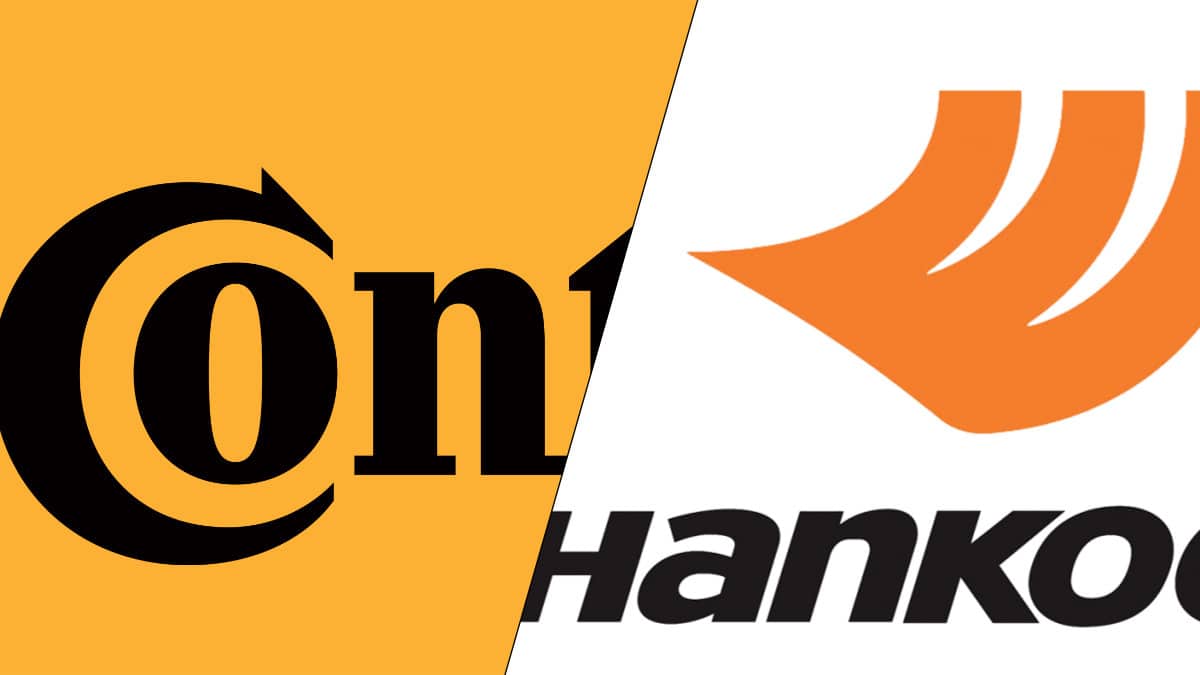
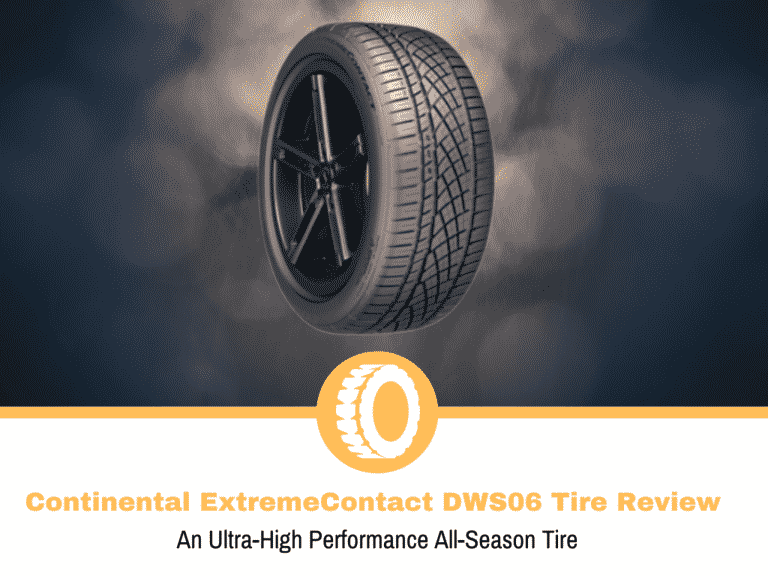
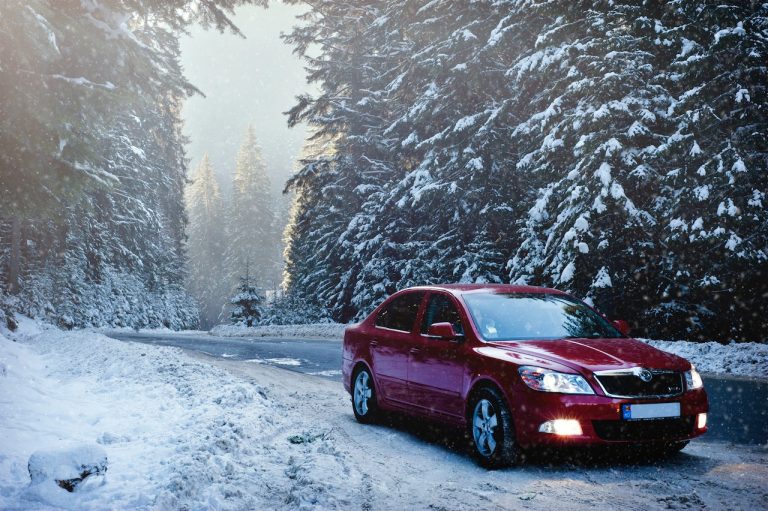


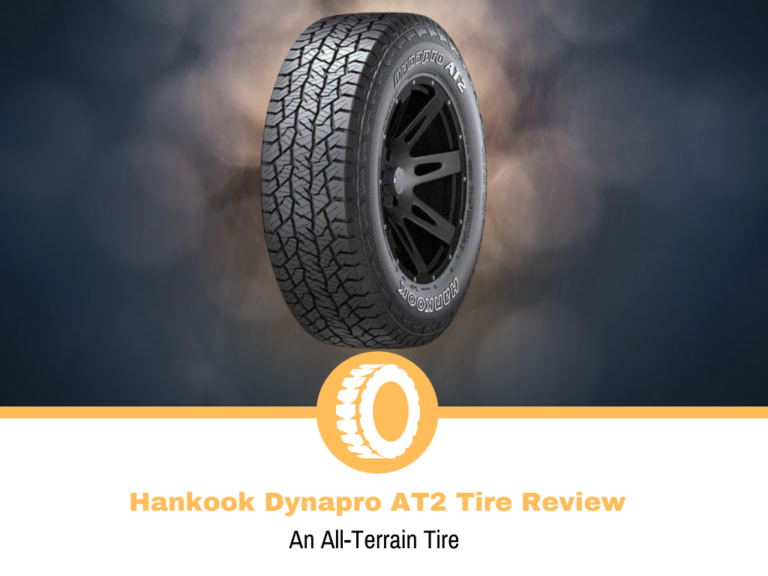
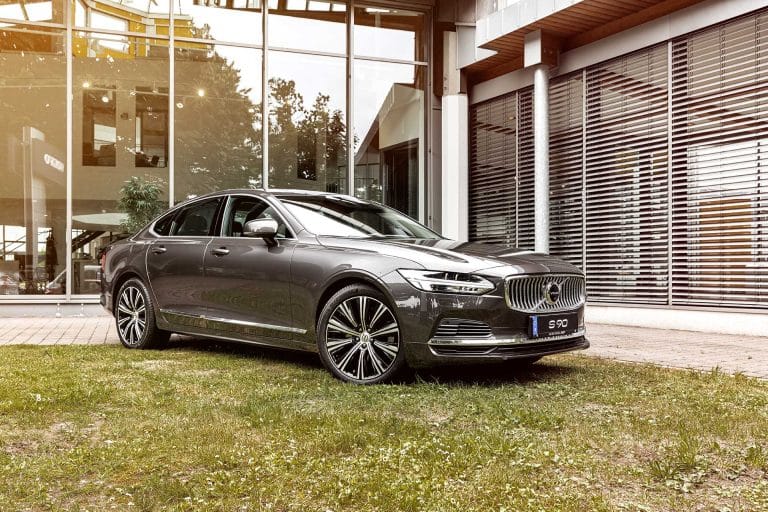
Sorry, but this article isn’t very useful because there are so many different tire models. There needs to be specific tire comparisons. Obviously if you compare budget to premium models, then there will be a big difference in performance and price.